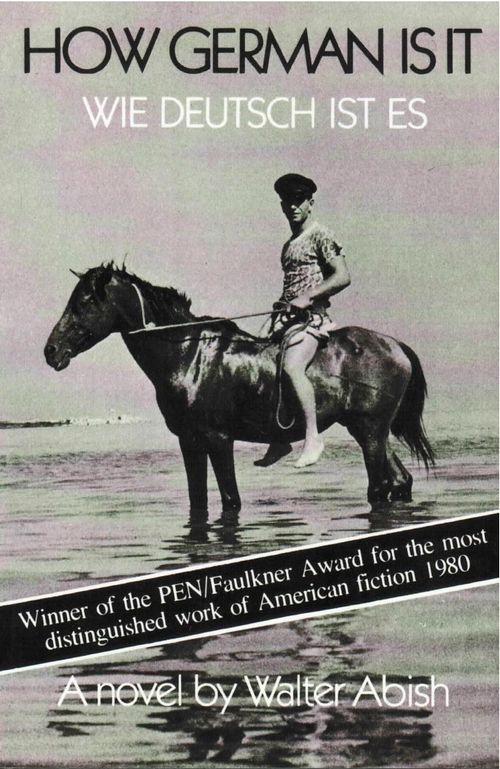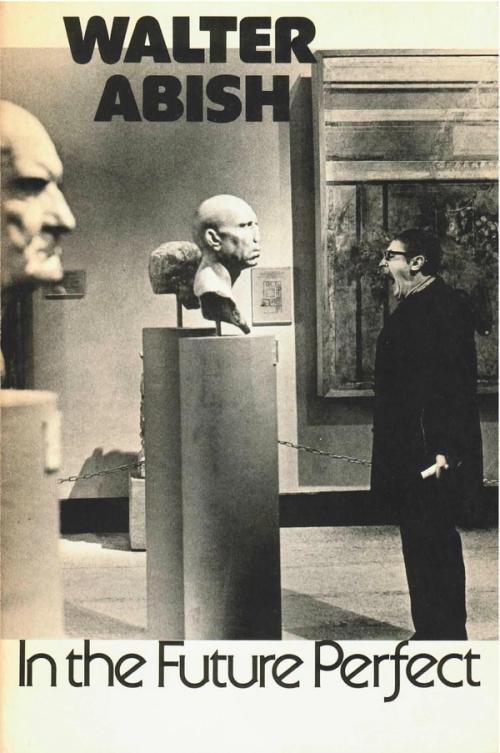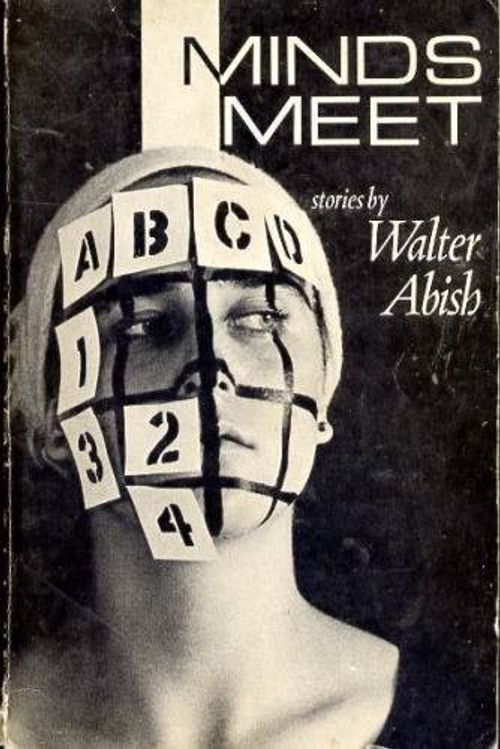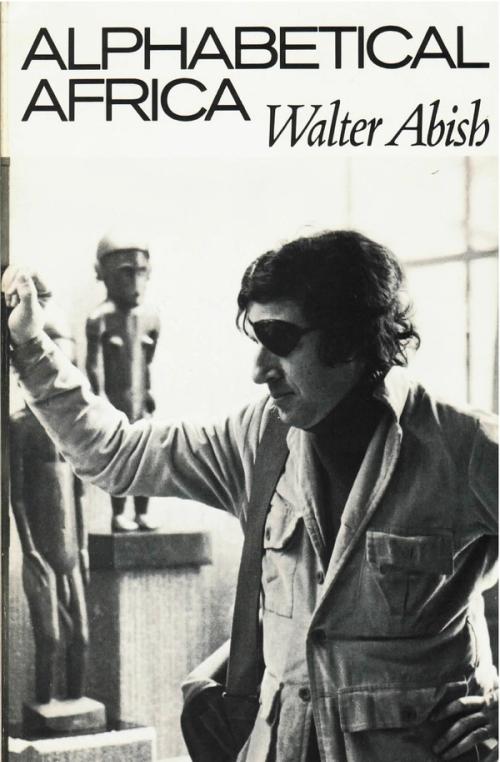How German Is It
by Walter Abish
The question How German Is It underlies the conduct and actions of the characters in Walter Abish’s novel, an icy panorama of contemporary Germany, in which the tradition of order and obedience, the patrimony of the saber and the castle on the Rhine, give way to the present, indiscriminate fascination with all things American. On his return from Paris to his home city of Würtenburg, Ulrich Hargenau, whose father was executed for his involvement in the 1944 plot against Hitler, is compelled to ask himself, “How German am l?"––as he compares his own recent attempt to save his life, and his wife Paula’s, by testifying against fellow members of a terrorist group, with his father’s selfless heroism. Through Ulrich––privileged, upper class––we confront the incongruities of the new democratic Germany, in particular the flourishing community of Brumholdstein, named after the country’s greatest thinker, Brumhold, and built on the former site of a concentration camp. Paula’s participation in the destruction of a police station; the State’s cynical response to crush the terrorists; two attempts on Ulrich’s life; the discovery in Brumholdstein of a mass grave of death camp inmates––all these, with subtle irony, are presented as pieces of a puzzle spelling out the turmoil of a society’s endeavor to avoid the implications of its menacing heritage.
Paperback(published Nov, 01 1980)
- ISBN
- 9780811207768
- Price US
- 17.95
- Price CN
- 20




